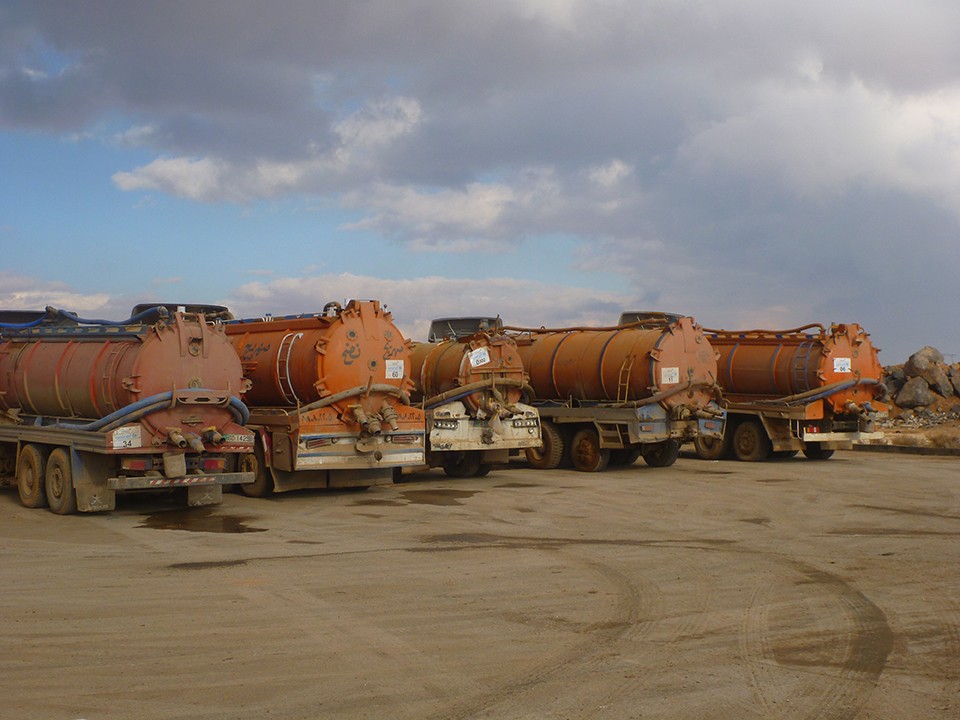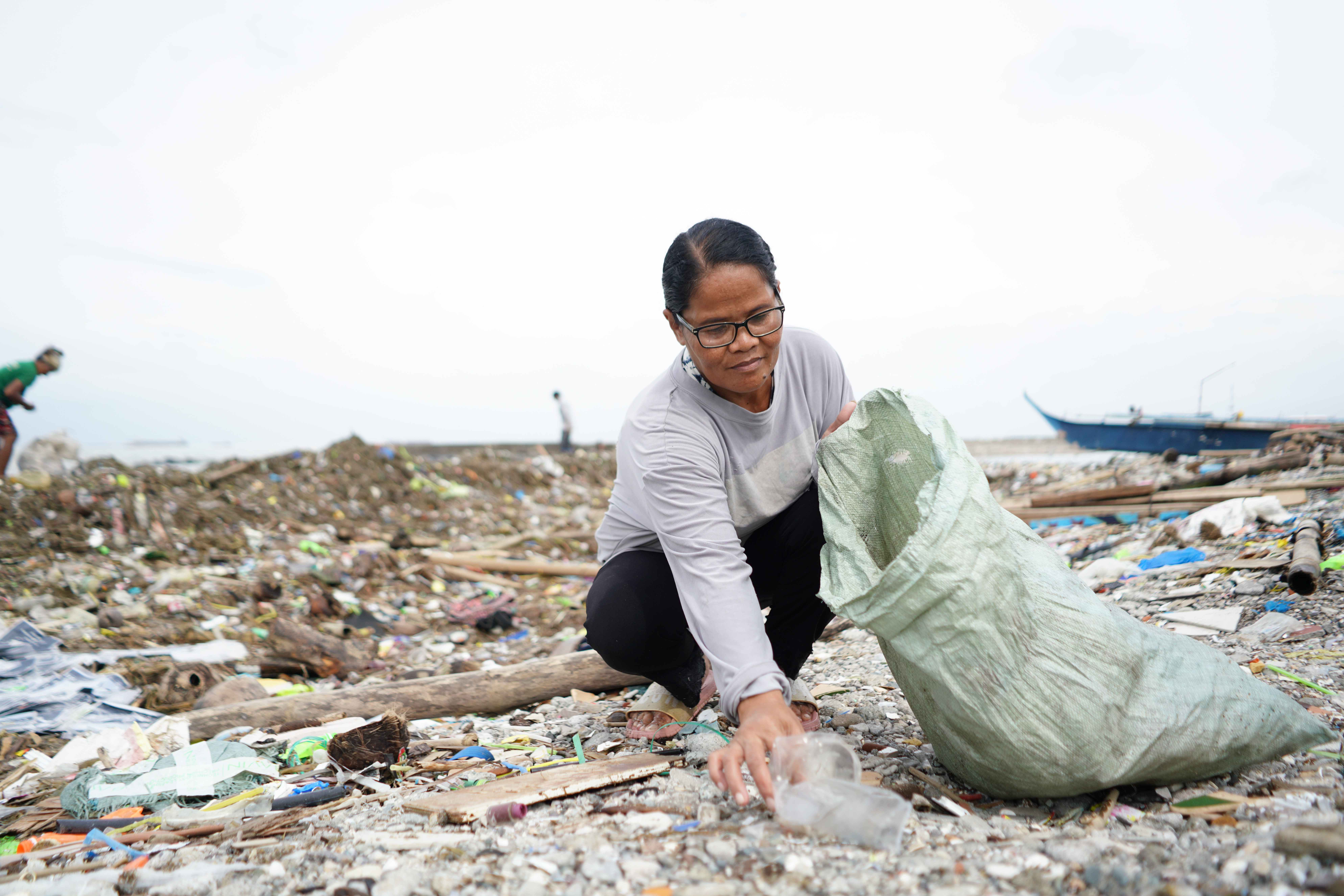

Technical Cooperation with China Integrated Waste Management NAMA Support Project
Client Deutsche Gesellschaft für Internationale Zusammenarbeit (GIZ) GmbH, in cooperation with GOPA INFRA

Client Deutsche Gesellschaft für Internationale Zusammenarbeit (GIZ) GmbH, in cooperation with GOPA INFRA
The China Integrated Waste Management NAMA (Nationally Appropriate Mitigation Action) is a NAMA Support Project (NSP) financed by the NAMA Facility (a joint initiative of the German Federal Ministry for the Environment, Nature Conservation and Nuclear Safety (BMU), UK’s Department for Business, Energy and Industrial Strategy (BEIS), Danish Ministry of Energy, Utilities and Climate (EFKM), Danish Ministry of Foreign Affairs (MFA) and European Commission). The NSP aims to accelerate sustainable low-carbon development of the waste management sector in China as well as demonstrate on the example of five municipalities, namely Suzhou (Jiangsu Province), Taian (Shandong Province), Xi’an (Shaanxi Province), Lanzhou (Gansu Province) and Bengbu (Anhui Province), how an integrated waste management (IWM) system can be operated as a profitable business case. The overarching project goal is to induce a transformational change in China’s waste management practice, diverting it from simple collection-disposal models to an integrated approach with corresponding physical infrastructure and governance aspects. IWM in this case is understood as a comprehensive approach to waste management based on the principles of the waste hierarchy, when waste prevention, reduction, reuse and recycling/composting are combined with energy recovery and disposal.
Herewith, the priority is given to the upper levels of the waste hierarchy with waste prevention and reduction seen as the most crucial elements, followed by waste reuse and recycling. Energetic utilization of waste and its disposal are the least desirable options. Inclusion of the sector stakeholders in the decision-making processes, cross-sectoral integration and creation of enabling framework conditions are fundamental elements of the NSP vision on IWM.
In the process of transforming Chinese waste management, the NSP also aims at reducing sector’s GHG emissions. The estimated direct GHG emission reduction potential of the selected demonstration municipalities is between 433,100 and 736,270 t CO2e per year depending on technologies applied. The GHG emissions reduction may generate a source of income under the Chinese National Emissions Trading Scheme (ETS) attracting additional investments in low-carbon waste management solutions and ensuring sustainability of the financial model of the Chinese waste management system.
The main partners of GIZ in implementing the NSP are Ministry of Housing and Urban-Rural Development (MoHURD) of PR China and China Association of Urban Environmental Sanitation (CAUES).

The three-year cooperation with the NAMA Support Project will help achieving the following project’s objective: “Public and private up-scaling throughout China’s waste management sector is triggered by replicable flagship cases of integrated waste management systems and waste-to-energy technologies according to best available techniques (BAT) and best environmental practice (BEP) that have been proven to operate in a financially sustainable way in demonstration municipalities.”
Technical Assistance to the demonstration cities from a team of national and international experts from GOPA INFRA and UPM, from the fields and remotely in order to :
Capacity Development of key stakeholders concerning international best practice for integrated waste management, including onsite and remote training sessions, on-the-job trainings, technical reviews and workshops, Preparation of thematic summaries, dissemination of project information and finding during leading international waste sector events and exhibitions
If you have any inquiries
about our service
